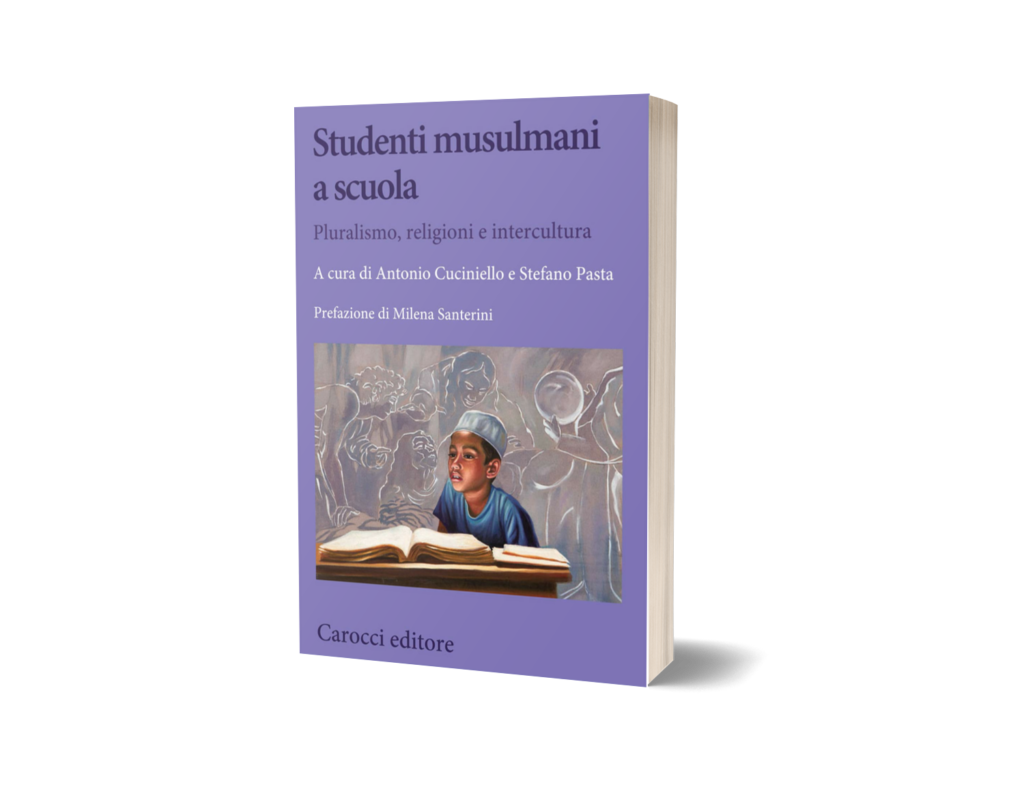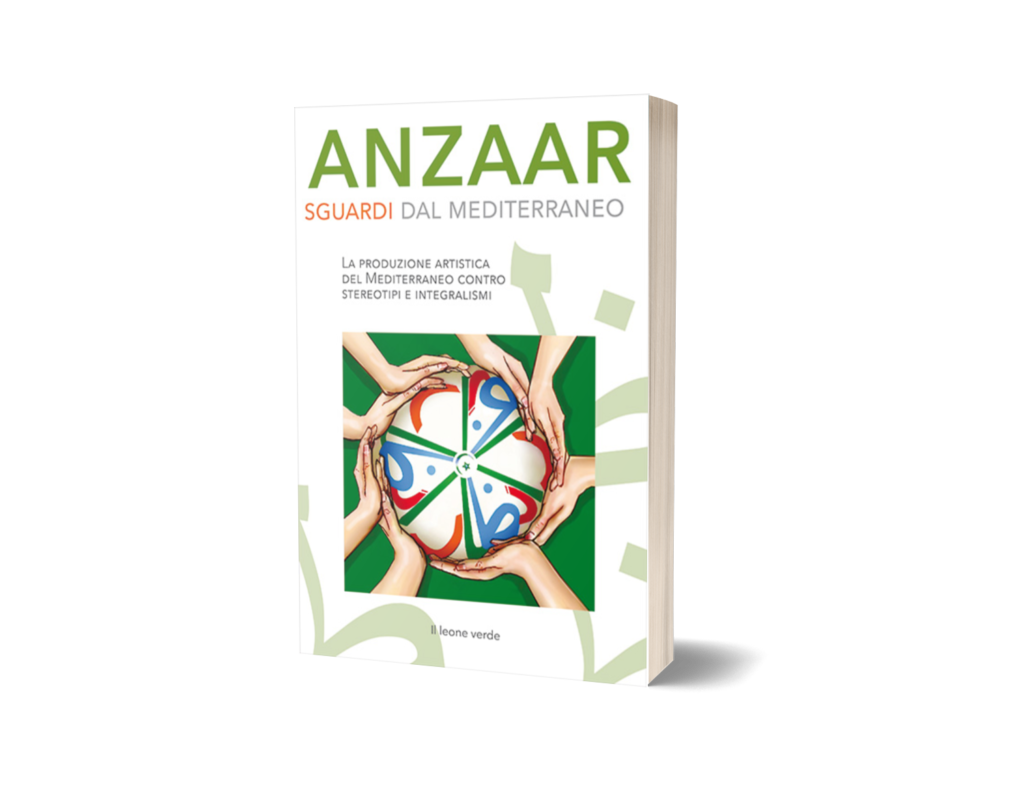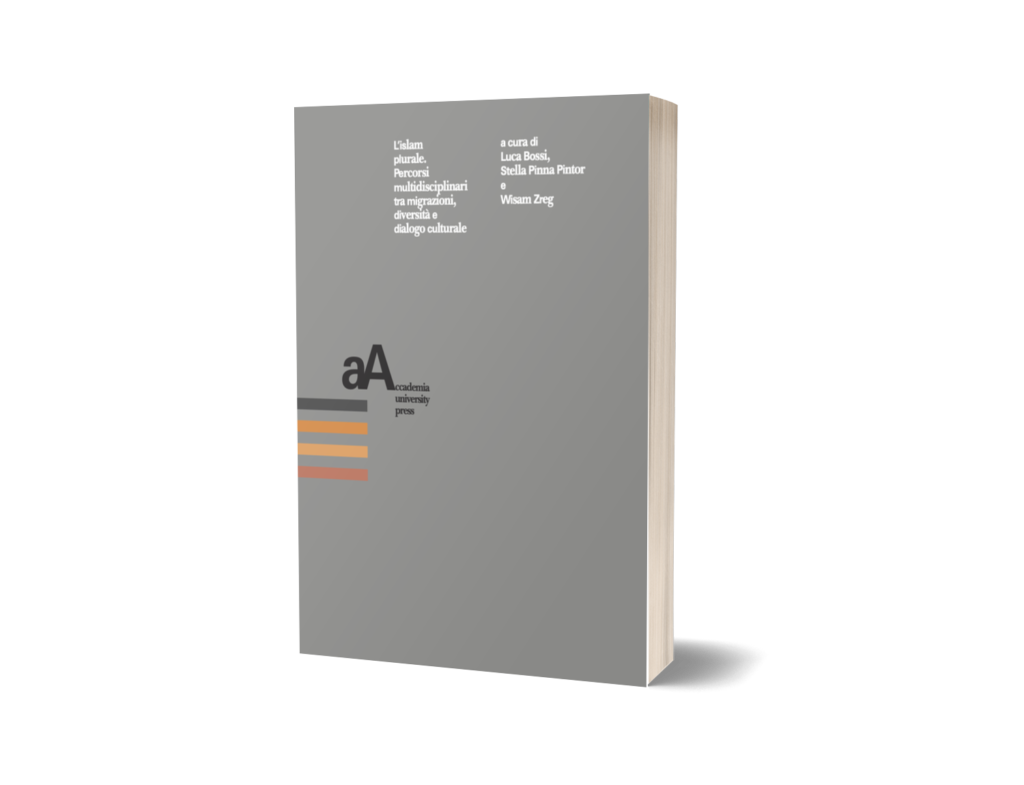MUSLIM STUDENTS AT SCHOOL
Pluralism, religions and interculturalism.
Presentation of the book edited by Antonio CUCINIELLO and Stefano PASTA
(Carocci Editore, 2021)
What questions do Italian schools have about children and young people, especially “second generation” children, who profess the Islamic religion? How can we talk about Islam, contrast religious illiteracy, Islamophobia online and offline, prevent forms of radicalization? Which didactic choices underline the points of contact and the historical-religious intertwining between the West and the Arab-Islamic civilization? And moreover: what shape do festivities, teaching and religious symbols take in the face of pluralism in schools? This book, promoted by the Research Center on Intercultural Relations, intends to answer these questions. It is the result of the project PriMED – Prevention and Interaction in the Trans-Mediterranean Space, which involved 22 universities in Italy and in the countries of the Organization of the Islamic Conference and was supported by the Ministry of Education, University and Research.

MUSLIM STUDENTS AT SCHOOL
Pluralism, religions and interculturalism.
(Carocci Editore, 2021)
Book presentation: This volume is the result of a workshop conducted by a group of students and professors of the University of Turin within the project PriMED – Prevention and Interaction in the Trans-Mediterranean Space (primed-miur.it). The group, called Anzaar (in Arabic, “looks”),
has investigated the use of visual arts as a medium to affirm the Arab and Islamic identity beyond stereotypes and fundamentalism and has carried out several initiatives to make known to the population – especially young people – the works of contemporary artists. Among these initiatives there is a seminar open to the public held at the
Museum of Oriental Arts (MAO) in Turin in November 2019, whose interventions can now be found collected in this volume.
The arts investigated are diverse, and particular space was given to the history of comics in the Arab area, where the medium is constantly expanding, and to their production, which includes both works of entertainment, journalistic reportage, and works of social and political denunciation.
Other contributions concern the illustrations of children’s books, photography, calligraphy and the varied world of street art. The work is completed by a report on the use of visual arts in the 2019 Beirut riots, two plates created by the artists of the group and a series of drawings by the Italo-Tunisian cartoonist Takoua Ben Mohamed, which formed an exhibition set up at the premises of the University of Turin on the occasion of the seminar.

MULTI-DISCIPLINARY COURSES BETWEEN MIGRATION, DIVERSITY AND CULTURAL DIALOGUE.
Academy university
press
The Italy of 2020 is a country of emigration and immigration: the flows of people entering and leaving the national territory change the demographic composition of society, making the rich range of origins, languages and cultures that have traced the history of the peninsula increasingly composite. Among these, Islam represents one of the most numerous, widespread and consolidated social realities on the national territory. Yet, in spite of its numerous and structural presence, and in spite of the processes of interaction and integration that it has been able to implement, up to now public and private institutions have governed change with difficulty. There is a need for knowledge at all social levels and, even more so, in the area of fundamental rights and personal services. The project Primed – Promotion and Interaction in the Trans-Mediterranean Space, with its training offer and its operational tools, of which this volume is an example, intends to contribute to an updating of the lens through which to look at the reality of Islam and its protagonists. The book is addressed to public administrators, managers, professionals and operators of medical-health, social-assistance and economic-financial services, as well as to all those who, whether in training or not, find themselves interacting on a daily basis with a Muslim clientele. The result of interdisciplinary work, the text is intended to be a tool for training and reflection starting from knowledge, experience and practical skills that are a fundamental tool to deconstruct stereotypes and design new ways of working not to be caught unprepared by the challenges of the present and the near future.







